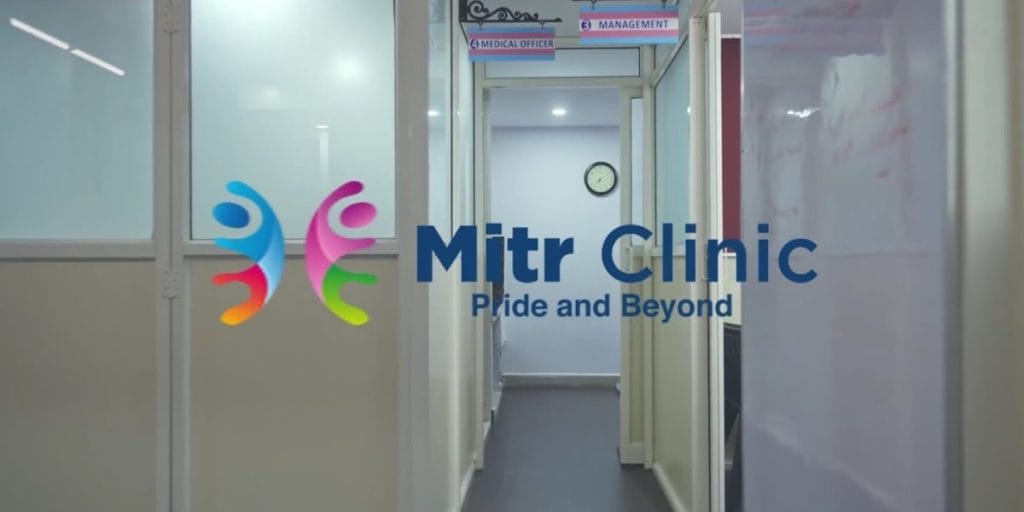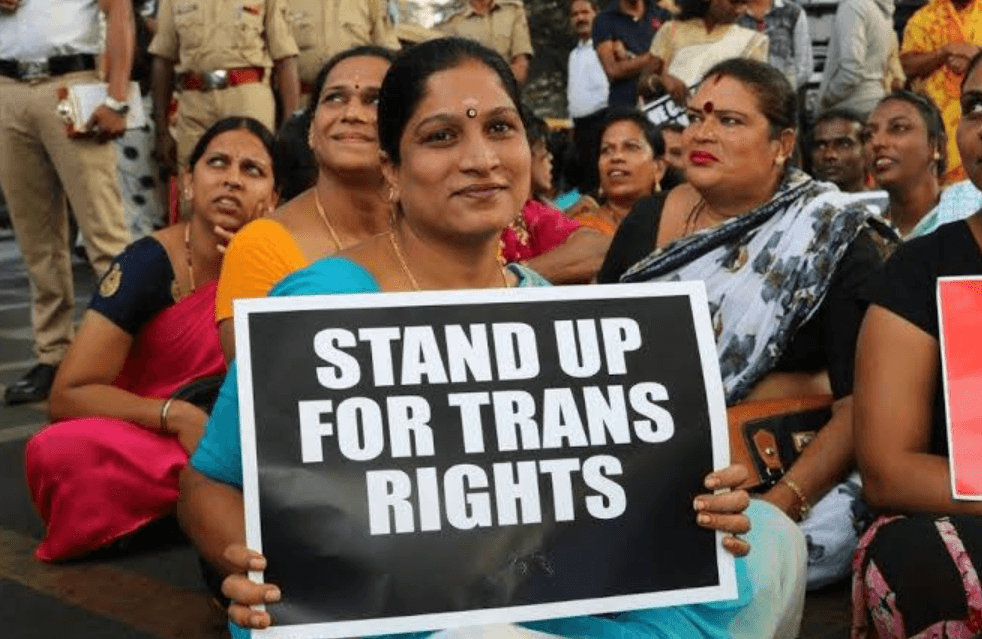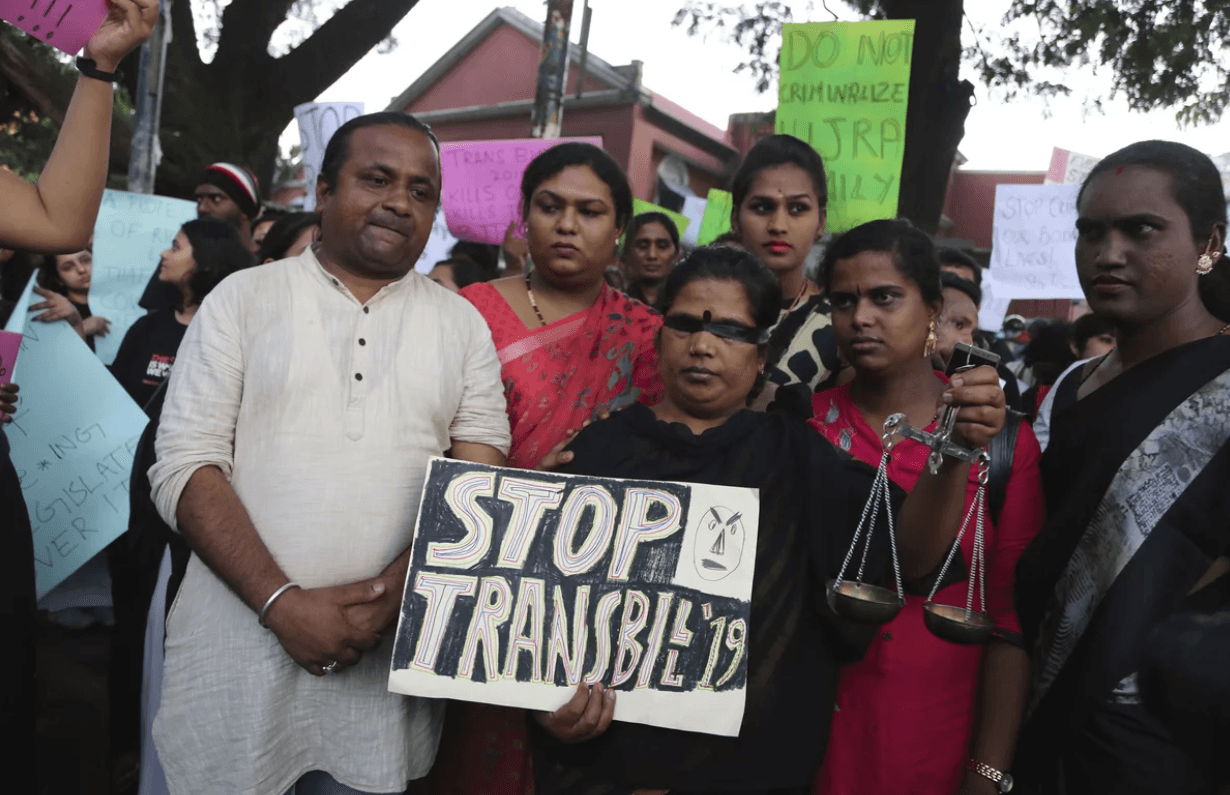The suspension of funds from the US Agency for International Development (USAID) has resulted in a series of significant consequences. USAID, since its inception in the 1960s, has provided humanitarian foreign aid across countries, funding myriad development programmes. USAID funds were suspended for 90 days for review, followed by a stop-work directive that paused several of its aided programmes.
One of these programmes was the Mitr Clinic Project for transgender people (established in 2003), run by health workers, doctors and mental health professionals. It was possible through a collaborative effort by Johns Hopkins University, the Indian government and USAID, especially seeing that other state-established legislations did not reach transgender individuals as much.
The first Mitr Clinic was established in Hyderabad and later set up in Pune and Thane as well, reporting over 6000 transgender individuals accessing their facilities (of the nearly 4.87 lakh transgender individuals in India as per the Census 2011). These clinics served as more than just medical centres, as they became a comfortable and inclusive space for transgender individuals seeking legal aid, hormone therapy guidance and mental health support.
USAID has granted a waiver for certain life-saving treatments like administering the antiretroviral treatment for HIV (reports of over 6-10 percent of Mitr Clinic patients were HIV positive), but this pulling of funds may prevent several from seeking preventive care for HIV-AIDS. Although it is true that public hospitals and private healthcare sectors can provide the same services, transgender individuals have reported to feel socially safer in Mitr clinics due to prevalent stigma, harsh treatment and discriminatory behaviour from healthcare professionals in other spaces. With the potential closure of these clinics due to fewer funds, transgender individuals face the threat of losing a socially accessible space for basic healthcare needs.
US’s gender-deaf policies: What freezing USAID means for the future
Perhaps the most controversial executive order by US President Donald Trump has been his mandate about recognising only two sexes (male and female). This completely erases the legal recognition of transgender, intersex and non-binary individuals in the USA. The suspension of USAID funds has come about due to President Trump’s bout of ‘America-First,’ policies, including the termination of diversity, equity and inclusion programmes across the federal government. His announcement of eliminating more than 90 percent of USAID foreign aid contracts implies that the funding from several projects is going to be cut.

Long-time supporter of the USA’s executive Elon Musk commented on USAID’s funding of Mitr Clinics, “That’s what American tax dollars were funding.” It has sparked debate and demands about why foreign aid is supporting inclusivity policies in other countries when it should be the state’s own mechanism doing the same. The USA has been pivotal in influencing development projects across the world in terms of its funding, trade contracts and diplomatic relations. These collaborative efforts are important in ensuring the best qualitative service reaches those who are most in need of them, i.e., the marginalised. The gendered manner in which policies are being revised, funding is being cut and inclusivity is being compromised spells danger for how the future of the marginalised is being imagined.
Bureaucratic paralysis: India’s responses to transgender voices
Contrary to the USA’s turn in recognition, India legally recognises transgender individuals under the third gender category (due to the landmark judgement by the Supreme Court in 2014). The Indian state has since followed with other acts, such as the Transgender Persons (Protection of Rights) Act in 2019 (which encouraged them to apply for an identity certificate as a legal document) and financial relief packages during the COVID pandemic.

However, these initiatives were not without difficulties, since around 23 percent of Identity Certificate applications were pending, and several individuals did not have the financial means to access the relief packages. The Mitr Clinic establishment was one among the most successful initiatives in this regard, which shockingly faces an uncertain future in the wake of recent international events.
The Indian State’s navigation of such hurdles and revision of policies faces a paralytic difficulty. Its implementation of inclusive and recognition acts seems to function in a staccato manner, the act being passed but not really addressing the lived needs and experiences of transgender individuals. For instance, while the state takes pride in announcing its inclusive nature in recognising transgender individuals and improving accessibility into political, economic and healthcare spaces, on the ground level they do not implement policies to improve how these individuals are viewed socially.
Transgender individuals still face social barriers in accessing these spaces due to how they are viewed by the general public with difference, prejudice and insensitivity. Although legally recognised on paper, they are socially mocked while navigating bureaucratic hurdles, the emotional tax and fear due to which they avoid availing beneficial schemes. The Indian state thus needs to implement a better framework to address these policies on a large scale and all-round manner.
A call for action to improve status quo
Several NGOs, members of the LGBTQIA+ community and Mitr Clinic healthcare professionals have called upon the Union government and their respective state governments to provide funds for its functioning. The clinics in Pune and Thane have been forced to shut down, resulting in displaced health care professionals, large-scale unemployment and a barrier for transgender individuals in accessing a socially inclusive space for health care facilities. They call upon both state and non-state actors for a collaborative effort in instituting funds for Mitr Clinics again, due to its key role in improving social accessibility.

The potential closure of Mitr Clinics reveals the precariousness of trans-specific services in the absence of consistent state-backed support. The situation shows how marginalised groups, especially those in the Global South, often become collateral damage in the ideological and financial reorientations of powerful nations.
Current policies under the Trump administration are not just a financial withdrawal but a symbolic gesture that undermines decades of work toward global inclusivity. It sets a dangerous precedent that could stimulate other countries to implement similar policies regarding diversity and inclusivity. It reinforces the notion that some lives are more deserving of healthcare, dignity, and safety than others. The notion of aid, which is supposed to be about helping those most vulnerable, is now being replaced with a transactional view of who is ‘worth,’ investing in. The mismatch between policy declarations and on-ground implementation continues to alienate the transgender community.
It transforms the crisis into being about how states prioritise and understand the needs of marginalised communities. The Indian government is now at a crucial juncture bureaucratically. Will it step in to protect and sustain what the Mitr Clinics have so carefully curated (safe, inclusive, and affirming spaces for transgender individuals)? Or will it allow the momentum to be lost due to its policy paralysis? The freezing of USAID funds may have been an external shock, but the long-term solutions must emerge from within India’s policy frameworks and political will.
About the author(s)
Lakshmi Yazhini is a post graduate student, pursuing an Integrated Masters in Development Studies, at the Indian Institute of Technology Madras. Based in Chennai, Yazhini has an avid research interest in the intersectionality of feminist geography and the state, in peripheral cities. In her free time, she likes to bake, do yoga, read fiction and pen down her thoughts in her journal (which are most often about the micro inequalities around her). Yazhini hopes to explore, write and make a difference about these as a policymaker some day.





